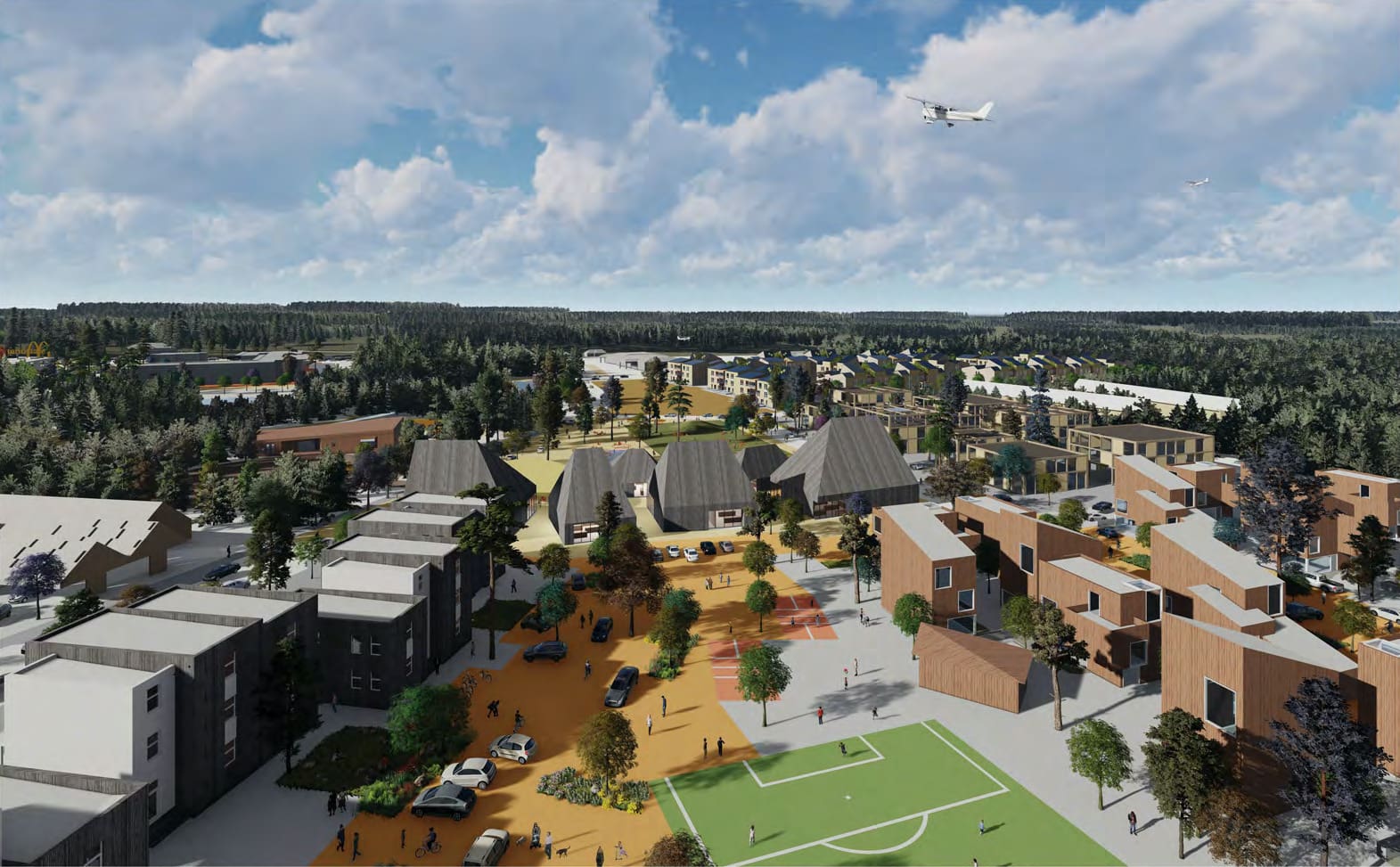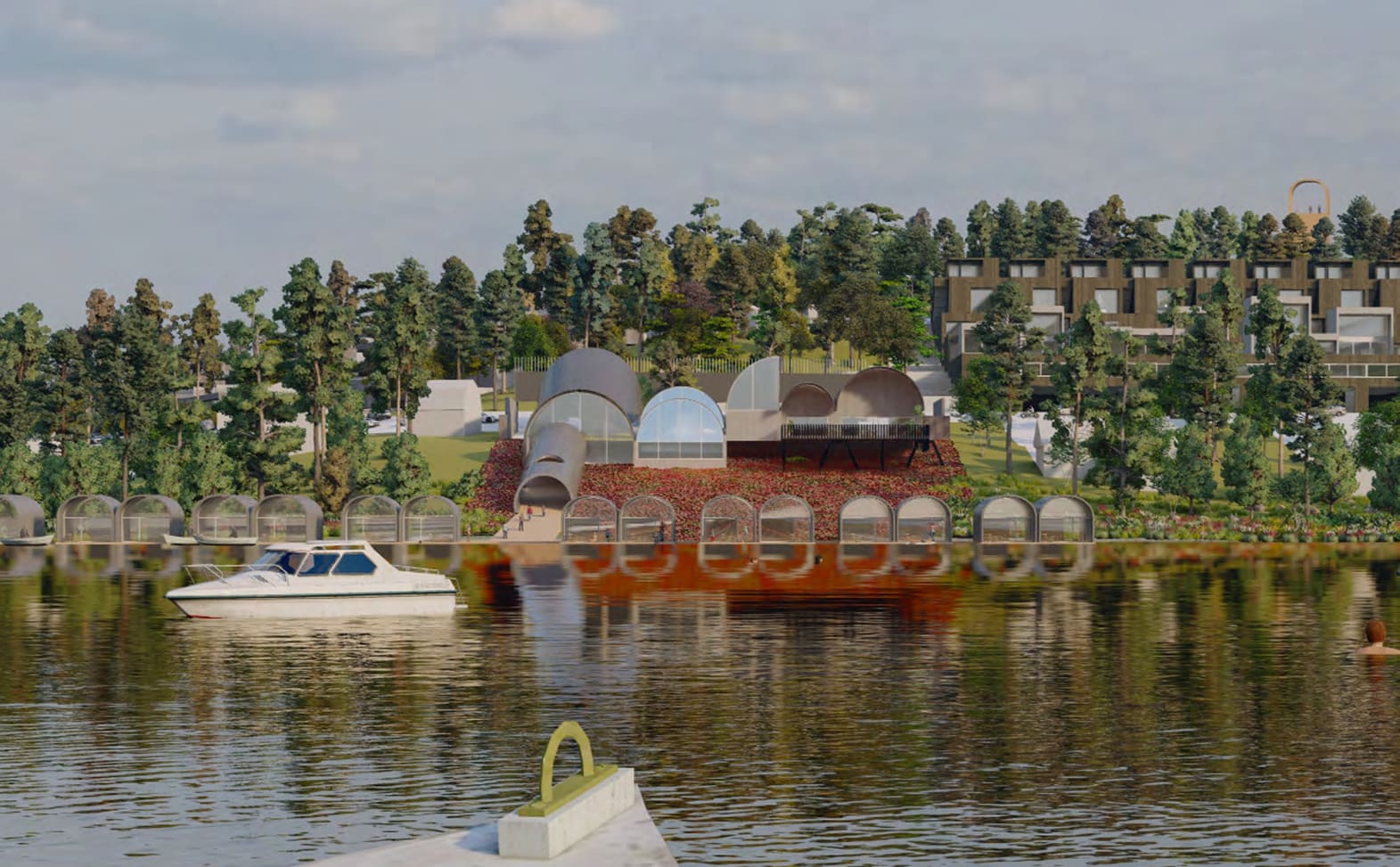This website archives and shares findings of the Our Town Grant Awarded to the City of Cherokee Village, Arkansas, by the National Endowment for the Arts in 2020.
The Grant is meant to create a bridge linking us to the past to learn the history of this land and how we arrived at the modern-day community of Cherokee Village. It is meant to encourage us to contemplate our role in celebrating, protecting and nurturing this place we love and call home. And it is meant to inspire us to envision what our community can be for future generations to come.
Grant
Culture Mapping
Framework Plan
Next Steps

City in the Woods
Cultural mapping project that supports a Framework Plan for the City of Cherokee Village (population: 4,900), a 21.3-square-mile planned community in rural northeast Arkansas established in 1954. Cultural mapping describes the interconnectedness of landscapes, histories, and social geographies of the Arkansas Ozarks surrounding one of America’s first planned retirement-based recreational communities.

development potential
Cherokee Village was developed within a mid-twentieth century planning ethos that valued uniformity and where a master plan fixed a development strategy to create market demand for homesites.
The Framework Plan simply asks: What are the various ways in which we might want to live within the vision of Cherokee Village?
Our Archive
Access our captivating Cherokee Village photo and video archive. Unearth hidden gems, relish in nostalgia, and gain a deeper appreciation for this incredible place.

